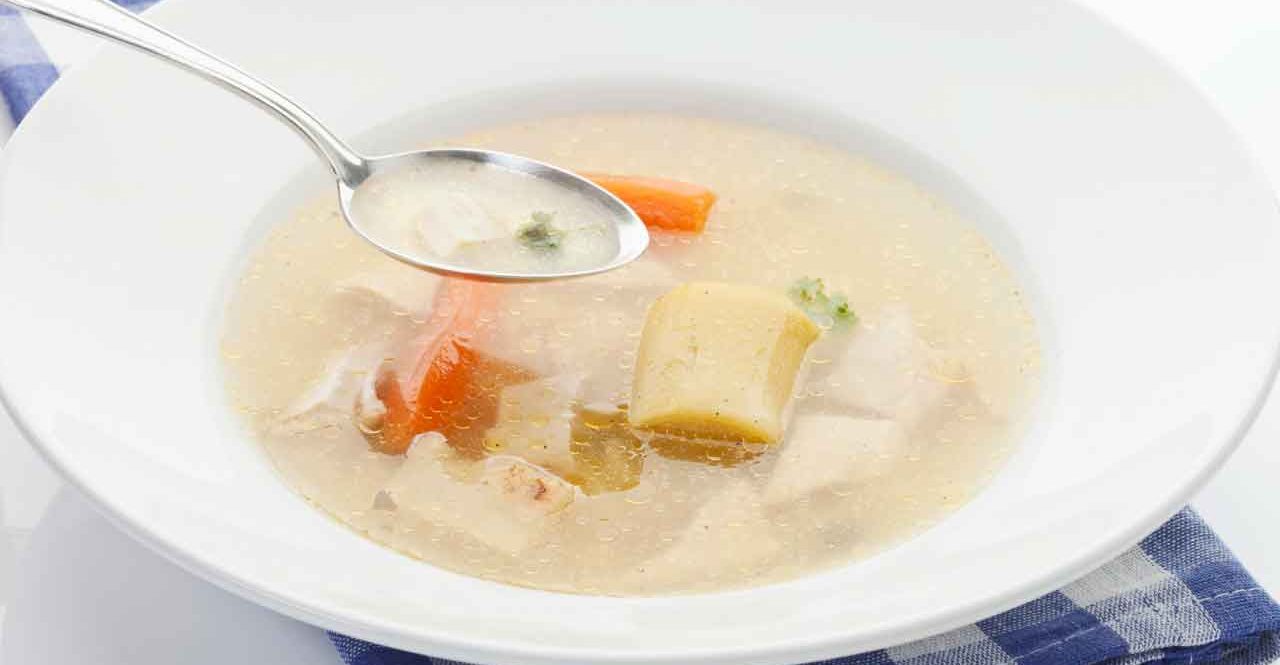8 Home Remedies for Cold and Flu Season

From echinacea to chicken soup, here's a primer on which popular home remedies for cold and flu season really work — and which are a waste of money.
Cold and flu symptoms can make you miserable. When your nose is clogged, your throat’s raw, and your entire body aches, you want relief — and fast. If you’re looking for an alternative to traditional over-the-counter medicines, you will hear recommendations for several home remedies. But natural doesn’t always mean effective — or safe. Some alternative therapies just don’t work; a few can cause side effects.
Here’s a look at what science has to say about eight of the most popular home remedies for colds and the flu.
YOU MIGHT ALSO LIKE: How to Sleep with a Cold
Astragalus
Astragalus has been a staple in Chinese medicine for thousands of years, but it’s only caught on in the U.S. within the past few decades. One folk use is as a cold remedy. Some evidence suggests it can help with immune function, but the research so far is too limited to draw any real conclusions.
Anyone using this herbal supplement should do so with caution. Astragalus can interact with immune-suppressing medicine used to prevent organ rejection, and it could affect blood sugar and blood pressure levels.
Chicken soup
Grandma’s old-fashioned recipe got a media boost, when Stephen Rennard, MD, from the University of Nebraska, published a study that found chicken soup inhibited the movement of neutrophils. Those white blood cells are behind the inflammatory response that launches symptoms like a stuffed nose during a respiratory infection.
What’s the magic formula to a healing bowl of chicken soup?
The study recipe included a mixture of:
- Chicken
- Onions
- Sweet potatoes
- Parsnips
- Turnips
- Carrots
- Celery stems
- Parsley
- Salt
- Pepper
But other variations also seemed to do the trick.
Echinacea
It’s been hard to gauge echinacea’s effectiveness, in part, because so many different formulations of the herb are available. Yet results of studies conducted thus far have been so-so. Echinacea might lower your odds of getting a cold, but only slightly — by 10 to 20 percent, one research review concluded. Once you’re sick, the herb will likely do little, if nothing, to ease your symptoms or help you recover faster.
“Bottom line: Echinacea may have small preventive or treatment effects, but the evidence is mixed,” said Bruce Barrett, MD, PhD, one of the review’s authors and a professor in the Department of Family Medicine at the University of Wisconsin, Madison.
You should consider any benefits the herb provides with potential side effects like headache, nausea, and a bad taste.
Garlic
Garlic adds a pungent kick to pasta sauce, but could it also kick colds and flu? Research is accumulating on how compounds in garlic could block the action of viruses and boost immunity. One study found that people who took a garlic supplement had fewer cold symptoms and lost fewer days than those who received a placebo, although they didn’t have fewer colds.
Honey
When a hacking cough keeps you awake, you might be better off reaching for a jar of buckwheat honey than a bottle of cough medicine. (But don’t give it to a child younger than age one because their bodies can’t handle bacteria honey contains.)
Research in children finds honey can help calm coughs, particularly at night. In one study (funded with a grant from the National Honey Board), honey helped kids with a cough sleep even better than the cough suppressant dextromethorphan.
Children can take 1 to 2 teaspoons of honey 1 to 3 times a day. Adults can take 1 tablespoon 1 to 3 times a day.
Saline
A simple mixture of salt and water might help with nasal cold and flu symptoms. Although most of the studies on the subject have been small and poorly designed, one larger clinical trial found saline nasal spray relieved congestion and runny nose in children.
“It is not clear whether the effect is predominately mechanical, based on clearing mucus, or whether salts and trace elements in seawater solutions play a significant role,” the authors wrote.
Vitamin C
Some people reach for a big glass of orange juice at the first sign of a sniffle, but extra vitamin C really doesn’t help, according to research. Studies find vitamin C supplements don’t prevent colds, and only slightly reduce the duration (by 8 percent in adults and 14 percent in children).
Zinc
Sucking on zinc lozenges might shorten your cold by about a third and be a good choice if you don’t run into side effects like nausea and a bad taste in your mouth. Some people who use zinc nasal sprays permanently lose their sense of smell. That’s a high price to pay.
Updated:
December 04, 2023
Reviewed By:
Janet O’Dell, RN